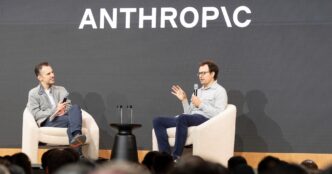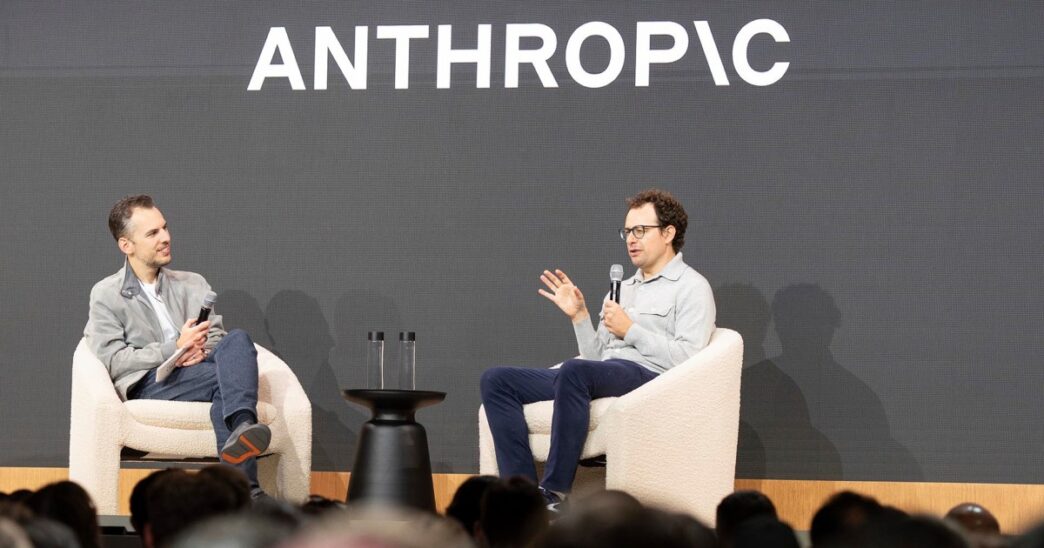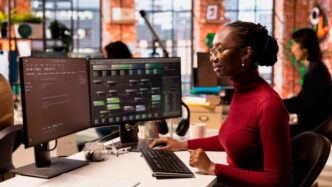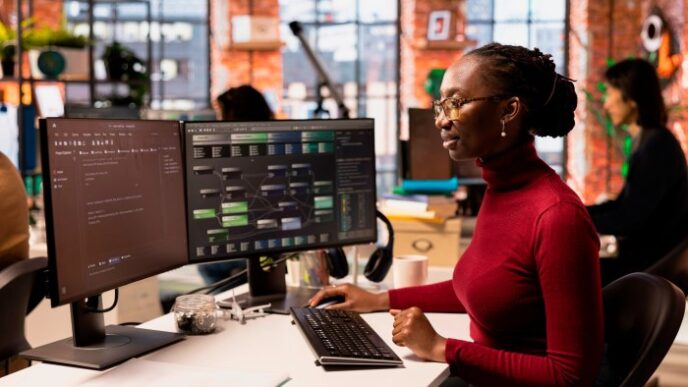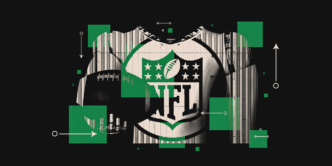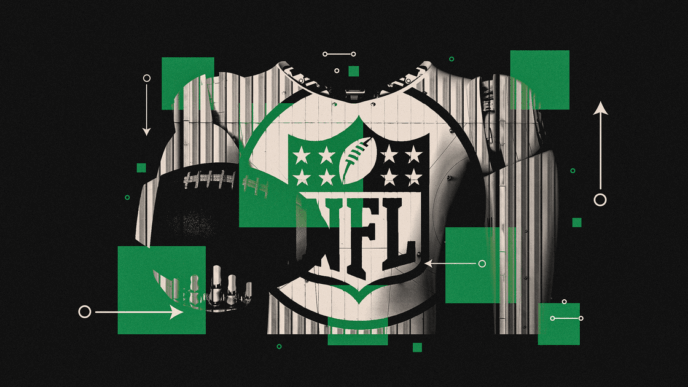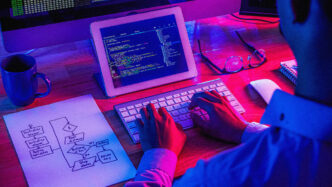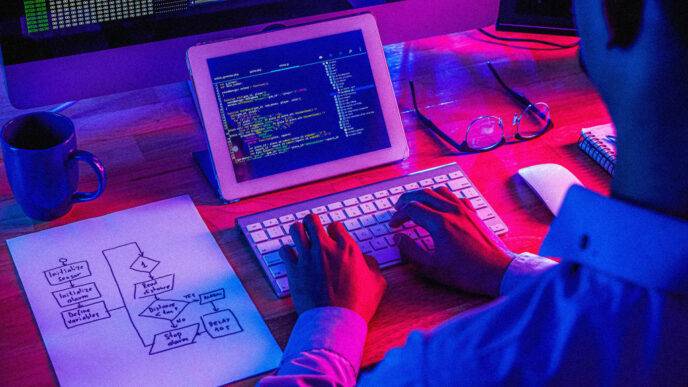Anthropic wins major copyright ruling allowing AI training on published books
A federal judge ruled Monday that Anthropic can legally train its AI models using copyrighted books without authors’ consent. The U.S. District Court for the Northern District of California declared this use a fair use under copyright law.
The case sets a key precedent for AI developers facing dozens of lawsuits over training data. Judge William Alsup wrote that copying books for large language model (LLM) training is “exceedingly transformative,” favoring AI development despite stronger protection for creative works.
The lawsuit came from three authors who accused Anthropic of pirating millions of books and scanning purchased ones to train its flagship AI model Claude. Alsup agreed digital copies made for training were fair use, but warned that pirated copies aren’t.
Anthropic responded with a statement quoting the ruling:
“We are pleased that the Court recognized that using ‘works to train LLMs was transformative — spectacularly so.’”
“Consistent with copyright’s purpose in enabling creativity and fostering scientific progress, ‘Anthropic’s LLMs trained upon works not to race ahead and replicate or supplant them — but to turn a hard corner and create something different.’”
Alsup noted the authors’ works had “expressive elements” that weigh against fair use but still sided with Anthropic overall. He did say Anthropic will face trial over the pirated copies it used in its training set.
“That Anthropic later bought a copy of a book it earlier stole off the internet will not absolve it of liability for the theft,” Alsup wrote,
“but it may affect the extent of statutory damages.”
This ruling is the first concrete court decision on fair use in generative AI training, but it doesn’t guarantee other courts will agree. Still, it’s a strong win for AI companies claiming fair use as defense in copyright battles.
Authors involved haven’t publicly commented. This ruling moves the needle on how AI models can be trained amid rising legal scrutiny and debates over creative rights in the AI era.
